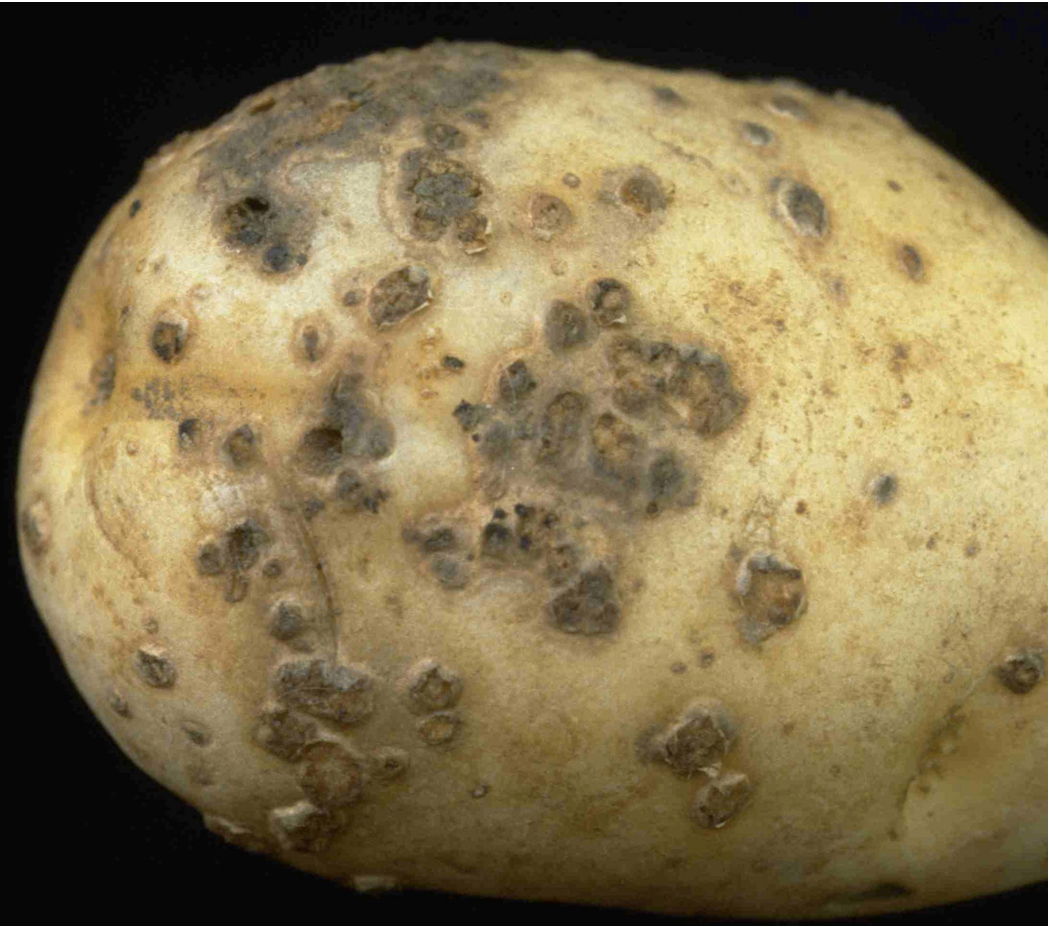
Managing plant microbe interactions in soil to promote sustainable agriculture
Potato is the top-ranked vegetable crop in the US, and number one vegetable in Maine. The crop is attacked by many diseases, such as common scab. There is an urgent need for managing this disease due to significant economic losses and a lack of consistent and effective control methods. Evidence has shown that some soils are naturally disease-suppressive, and some cultural practices can change the soil profile in ways that make it suppressive. This research will study suppressive and conducive fields in different cropping systems, to characterize the microbial community structure and then drill down into the mostly likely subpopulations, i.e. Streptomyces, responsible for disease and suppression. We will use high-capacity rRNA gene sequencing to determine the bacterial, archaeal, fungal and streptomycetes communities; quantify disease severity, thaxtomin by LC/MS/MS and txtAB genes and their expression by qPCR to establish their relationship to disease and hence use as population markers. The findings will provide a foundation and research framework for biologically-based sustainable strategies for soilborne disease management.
Investigator: Hao, JI.
Unit: School of Food and Agriculture
Termination Date: 30-Sep-18
